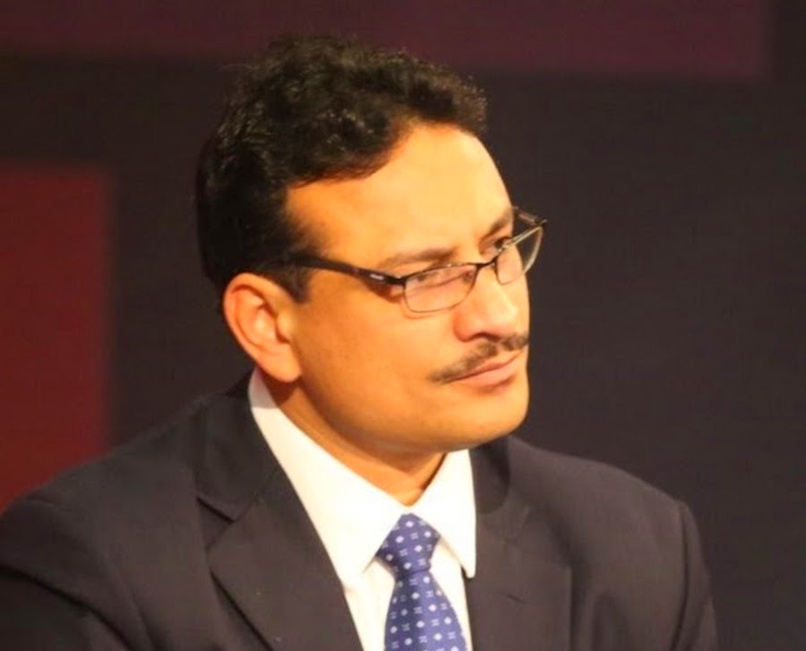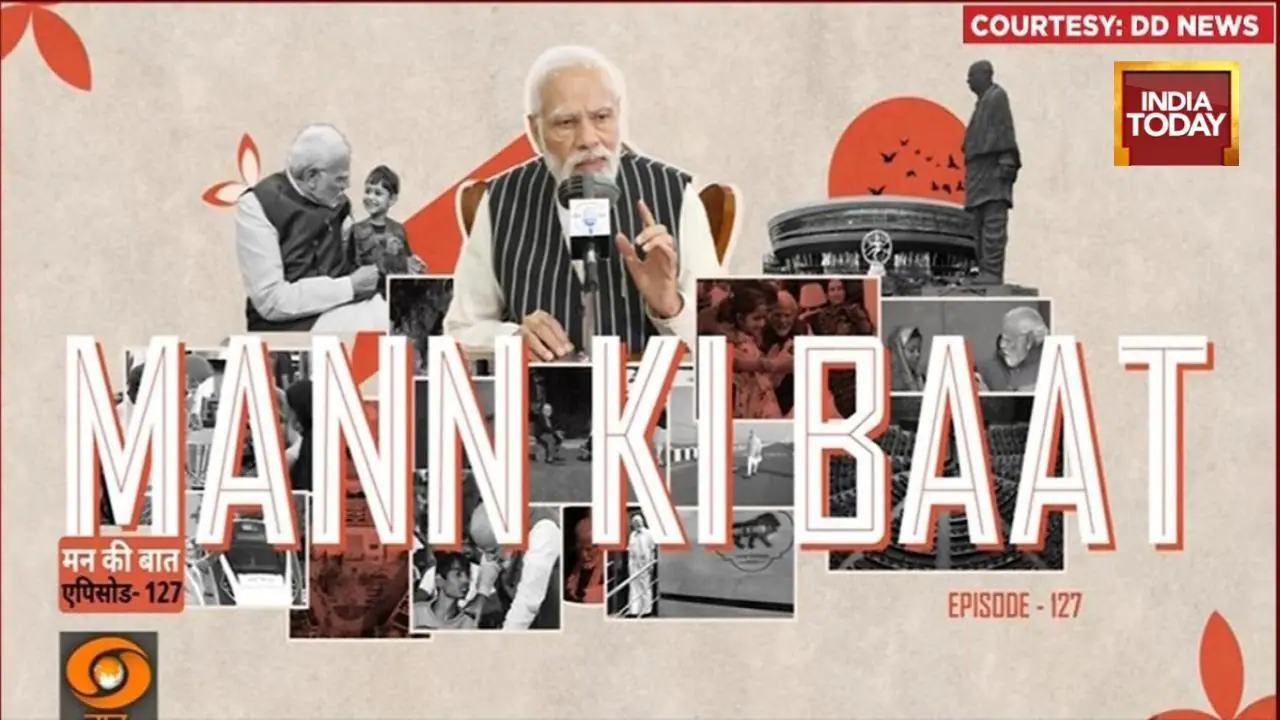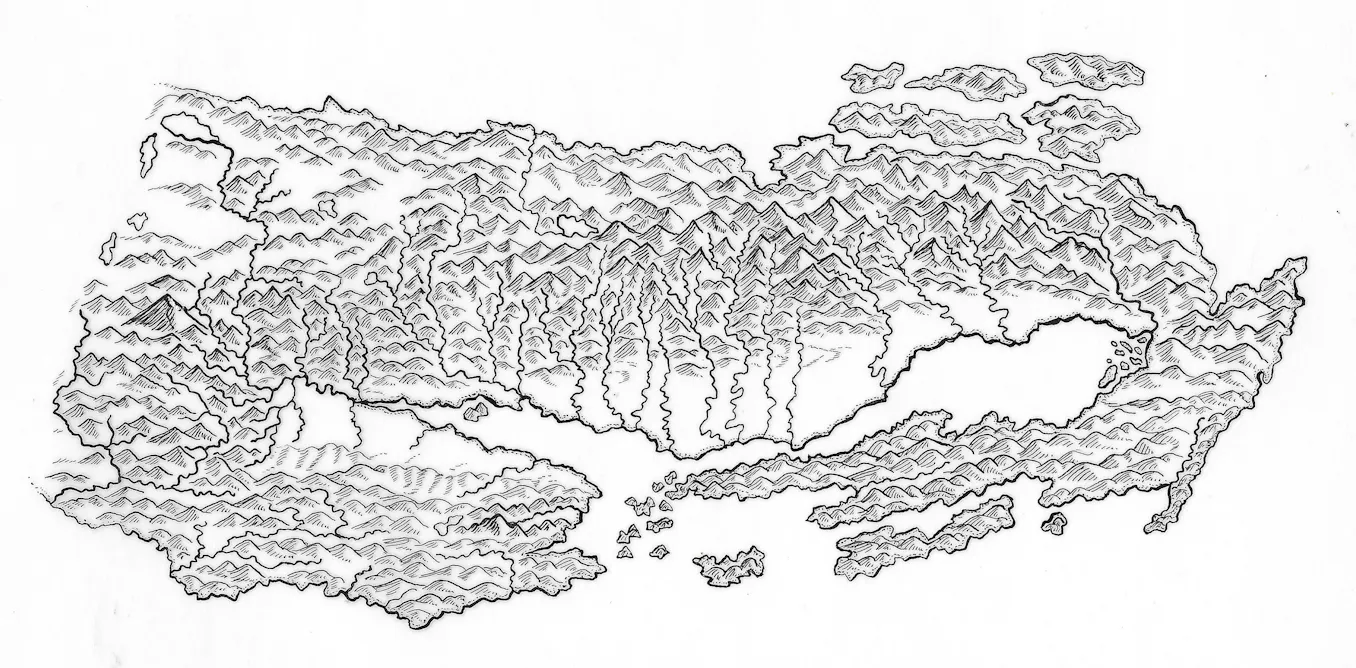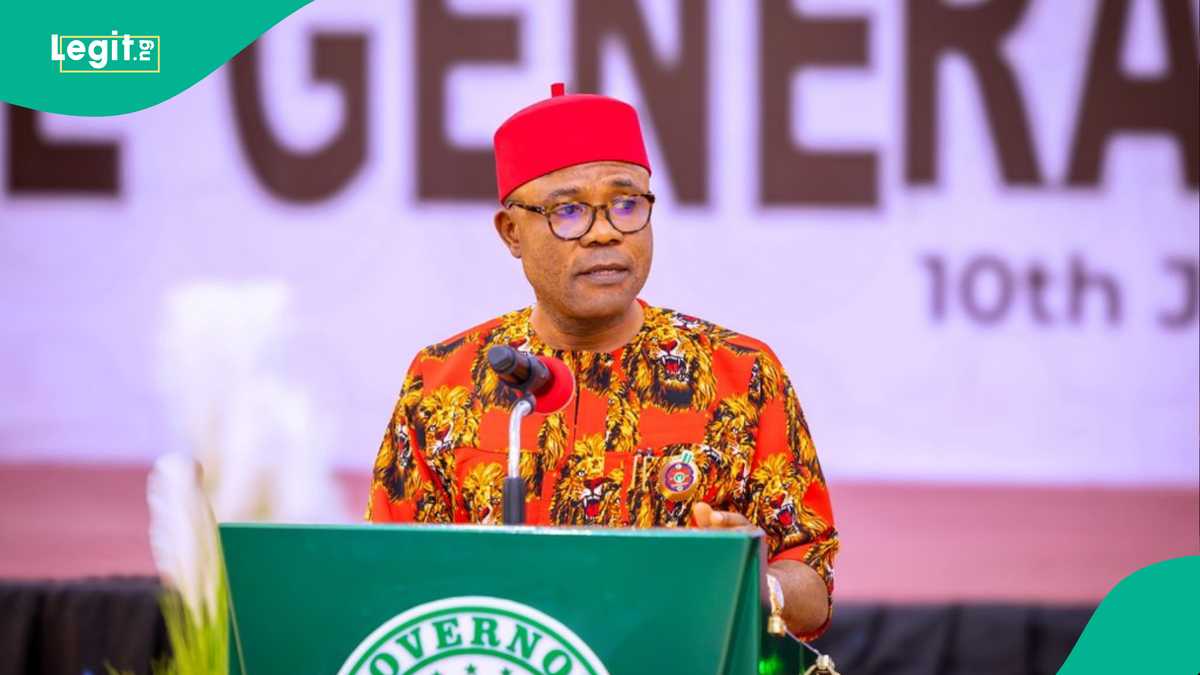Copyright dawatmedia24

The Pakistan Air Force bombed multiple locations in Afghanistan during the second week of October on the pretext of targeting the leadership of Tehreek Taliban Pakistan (TTP) hiding on Afghan soil. After the attacks on October 09, some media outlets claimed that the TTP leader Mufti Noor Wali Mehsud had been eliminated in the targeted aerial attack. However, within hours, Mehsud issued a voice message claiming that he was alive, while he released a video message on 16 October, apparently from the Pakistani-controlled tribal areas. In retaliation, the Taliban forces, the de facto security forces of Afghanistan, attacked Pakistani posts alongside the Durand Line, stirring a warlike situation across the neighboring countries. Simultaneously, the Pakistani officials, academia, and media engaged in jingoism, urging an all-out war until the Taliban regime was subdued. The unprovoked attack came on the back of a string of events that had shaken the public trust in the Pakistani state and its military establishment, an institution once highly respected and regarded among the Pakistanis. The rise in insurgency in Baluchistan has curtailed the state’s writ to urban areas only. In Khyber Pakhtunkhwa, the TTP has continuously been gaining ground, reaching the outskirts of Peshawar, the capital of Khyber Pakhtunkhwa province. The attacks on the security forces, coupled with the loss of military and police officers, have left the public and commentators furious due to the inability of the security establishment, led by the army, to perform its duties. Besides the security issues, the feud between the military leadership and the former Prime Minister Imran Khan has further disparaged the standing of the military among the Pakistani public. The allegations of blatant rigging of the 2024 elections have since fueled the political agitation indirectly targeted at the military establishment. In the meantime, other parties too have been disgruntled toward the army due to their purge during the alleged election engineering. The likes of Maulana Faazl-ur-Rehman have been publicly denouncing the army and its involvement in politics. Analysts have been calling the current government a hybrid regime where the civilian government is merely present to implement the decisions made by the military establishment. At the regional level, in addition to the TTP and Baluch militants, there have been regional civil society groups such as the Baluch Yakjehti Committee in Baluchistan and beyond, the Pakhtun Tahfuz Movement (PTM) in Khyber Pakhtunkhwa, and the Jammu Kashmir Joint Awami Action Committee in the Pakistan Administered Kashmir have been involved in protests and sit-ins, with all of them chanting anti-military slogans. Several leaders of these movements have also been jailed, adding to the distrust of the military establishment. In the meantime, there have been incidents of rifts within the armed forces that have been exposed to the public over the course of the last few years. The former Director General Inter-Service Intelligence (ISI), the epic Pakistani spy agency, Faiz Hameed, was at loggerheads with some of his superiors, the former Chief of the Army Staff Qamar Javed Bajwa in particular, which resulted in him being court-martialed on the charges of violation of the Army Act. The difference between the former spy master and senior army officials further negated the army’s standing among the public, including the vast majority of the PTI followers. The persistent failures of the armed forces, their direct and discernible involvement in politics, and the reports of corruption and involvement in for-profit businesses have significantly damaged the Pakistani military establishment’s standing. The military has been struggling to maintain its once coveted credentials, usually the highest amongst all Pakistani institutions, since the country’s inception. Hence, it has been weighing its options, including engagement in a war with neighbors, to create an opportunity for arousing public sentiments in support of the army. One such opportunity was exploited when the Indian forces targeted militant habitats across the Pakistani cities in the aftermath of the Pahalgam attack. Though the war ended in a bilateral ceasefire, it gave breathing space to the Pakistani army as the public rallied around the armed forces under the pretext that it was defending the sovereignty of the nation. However, due to the ongoing insecurity, where the Global Terrorism Index places Pakistan as the second highly impacted country by terrorism, the military establishment remains under public scrutiny. The addition of the tensions between the military and the political parties leaves the army establishment vulnerable. In such a situation, it needs to stimulate public sentiment in its favor to defy the rising criticism. In the meantime, the security agencies need to shift the blame for their failures to elsewhere, as they have been facing at the hands of the Baluch militants and the TTP. In other words, the Pakistani military establishment needs a regional enemy to pass on the blame for its failures and negate the criticism aimed at it. Given that India remains a high-stakes bet due to the Indian military, economic, and diplomatic might, the Pakistani military establishment has turned to a softer target, Afghanistan. Since the collapse of the Republic in August 2021, which was widely celebrated by the Pakistanis, including the current Minister of Defense Khawaja Asif, Afghanistan has been alienated from the global community due to non-recognition of the Taliban de facto authority at the international level. This leaves Afghanistan without a diplomatic voice on the global stage, an absence that allows Pakistan to plead its case without any counterargument while violating the sovereignty of the country on multiple occasions. Secondly, Afghanistan is militarily crippled and is no match for the Pakistani military strength on a conventional battlefield, meaning there remains a little chance of an all-out war between the two countries. In the meantime, Afghanistan has been battling an economic crisis as well, with a worse humanitarian crisis raging across the country since the ascendancy of the Taliban to power. On the other hand, landlocked Afghanistan is reliant on Pakistan for its trade and transit, leaving Afghanistan at the mercy of Pakistan. Hence, the army general headquarters in Rawalpindi enjoys significant leverage against Kabul. The presence of Afghan refugees has been another Achilles heel of the Afghan state for the last two decades, which has been exploited by Pakistan from time to time by threatening a mass expulsion of Afghans from Pakistan during times of crisis between the two countries. The card has been played against the Taliban regime for the last four years, almost every year, and it remains a source of exerting pressure on the Taliban with the forced deportation of the refugees en masse. The Pakistani establishment is exploiting the vulnerabilities of Afghanistan to its advantage, as the Pakistani military establishment’s battle for survival hinges on its narrative of external threats to the state’s security. The passing of the blame not only relieves it of its responsibility but also covers up its failures and helps mobilize public backing for the military. Such public support defies the political parties, too, who in such a situation are not able to stage mass protests against the hybrid regime. Hence, the Pakistani army is gambling on a vulnerable and weak Afghanistan when the country is struggling to survive the international sanctions, lack of global recognition, and national incoherence. However, continued escalations from the Pakistani side can be destabilizing for Afghanistan, which would have broader regional security repercussions. The Afghan de facto authority of the Taliban may not be able to match the military might of Pakistan in conventional warfare, yet they remain tactically well placed to wage a non-conventional war against Islamabad if pushed hard by the Pakistani establishment. The Taliban regime, pushed to the limits, could certainly look for alternatives, which would have the potential of creating chaos, instability, and insecurity in the region. Hence, the regional powers, China in particular, and the multilateral institutions, such as the United Nations, the Organization of Islamic Countries, and the Shanghai Cooperation Organization, would have to step up and contribute towards containing Pakistani hostilities towards Afghanistan, while creating avenues for bilateral dialogue to ensure greater regional stability. Otherwise, Pakistani establishments’ jingoism and subsequent military adventures will continue hurting the regional harmony among the people of the two countries, while military incursions are going to strengthen the potential of region-wide insecurity. The original Article was Published on the The South Asian Time (Mushtaq Rahim (X@mushtaq_rahim) is an independent Afghan geopolitical analyst, specializing in South Asian geopolitics and security, and a post-conflict development expert. He has worked for the United Nations and served as the Deputy Chief Executive Officer of the High Peace Council, the institution responsible for peace and reconciliation in Afghanistan) Support Dawat Media Center If there were ever a time to join us, it is now. Every contribution, however big or small, powers our journalism and sustains our future. Support the Dawat Media Center from as little as $/€10 – it only takes a minute. If you can, please consider supporting us with a regular amount each month. Thank you DNB Bank AC # 0530 2294668 Account for international payments: NO15 0530 2294 668 Vipps: #557320 Donate Here



